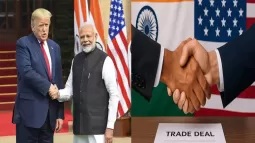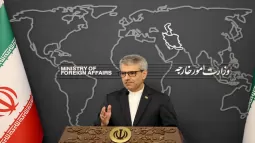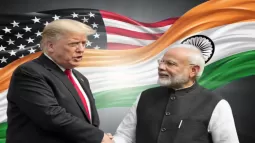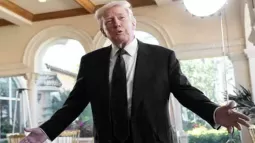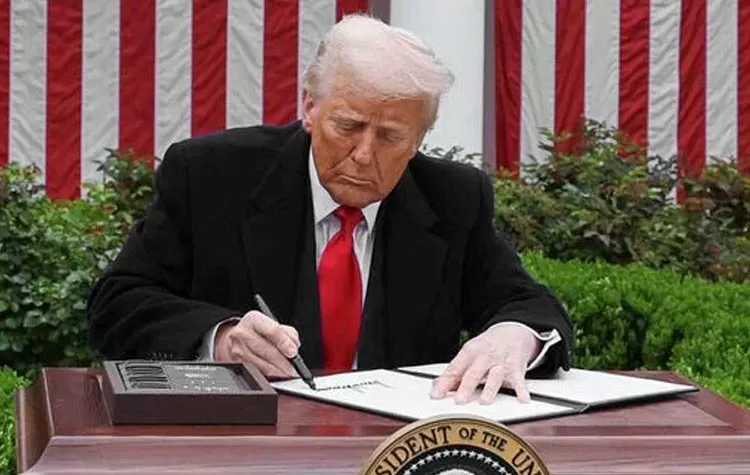
US Clarifies Tariffs on Indian Vehicles Are Not Protectionist
The United States justified its taxes on Indian cars and auto components are not protectionist according to World Trade Organization (WTO) regulations. These actions, it added, are aimed at safeguarding national security. Washington notified the WTO of this decision.
US Refuses to Label Section 232 Tariffs as Protectionist
US insisted that the tariffs imposed under Section 232 are not used to limit trade unfairly. It made it clear that these actions do not go hand in hand with protectionist policies. It also faulted India for being only partially compliant with WTO rules, particularly under the Safeguards Agreement.
India Reacts, Asserts Tariff Rights
India responded by declaring that it has the authority to raise tariffs. It added that US tariffs are harming India's automobile and auto parts industry. New Delhi also stood ready to cut some subsidies, though it has not specified which ones.
Historical Retaliatory Tariffs by India
India imposed duty on 28 US items in 2019, including almonds, apples, and chemicals. They were predominantly manufactured in districts that voted for former President Trump. India sought to retaliate strategically in response to previous US tariff actions.
Tariff Updates as of July 10
India has suggested new tariffs earlier this month. It updated them on July 10 to take into account recent US steel and aluminum taxes. The US initially charged a 25% tariff on these products. On June 3, the rate was increased to 50%.


